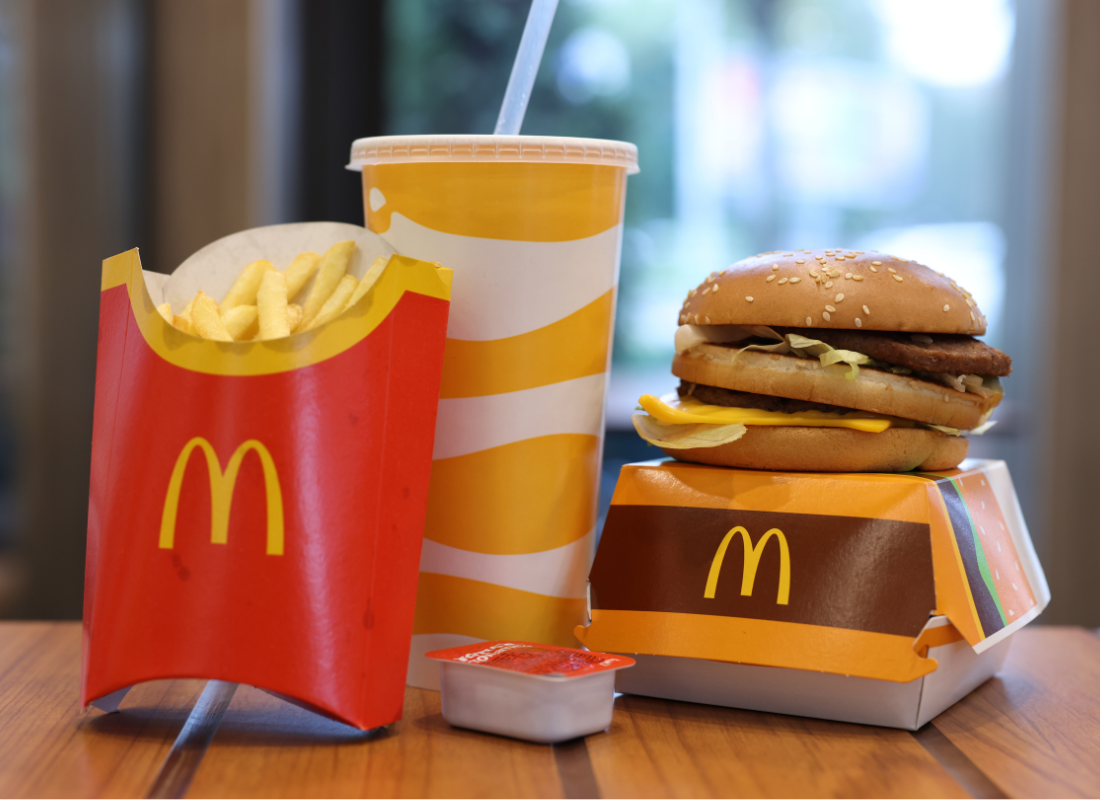
In a world where the demand for sustainable solutions is growing stronger, the fast-food industry is seeking innovative ways to reduce its ecological footprint.
An emerging trend in this field is the use of washable items as an alternative to traditional disposable ones.
This approach, not only beneficial for the environment but also for businesses, paves the way for a greener future for the fast-food industry.
Addressing the Plastic Waste Crisis
 Plastic waste from fast-food restaurants represents a pressing environmental challenge, contributing significantly to landfills and ocean pollution.
Plastic waste from fast-food restaurants represents a pressing environmental challenge, contributing significantly to landfills and ocean pollution.
Disposable cups, straws, utensils, and packaging items accumulate in staggering quantities, threatening the health of marine ecosystems worldwide.
To confront this crisis, numerous fast-food chains are pioneering the adoption of washable and reusable alternatives as part of their sustainability initiatives.
The Rise of Washable Items
 Washable items stand as a beacon of hope amidst the plastic waste epidemic, offering a sustainable alternative to disposable products.
Washable items stand as a beacon of hope amidst the plastic waste epidemic, offering a sustainable alternative to disposable products.
Stainless steel cups, bamboo utensils, plates crafted from bamboo fiber, and reusable containers are steadily gaining traction in fast-food establishments committed to eco-responsibility.
These items can be washed and reused numerous times, effectively curbing the volume of waste generated by fast-food outlets and setting a precedent for sustainable practices in the industry.
Benefits for Businesses
 Beyond their evident environmental merits, the integration of washable items yields substantial economic advantages for fast-food enterprises.
Beyond their evident environmental merits, the integration of washable items yields substantial economic advantages for fast-food enterprises.
While the initial investment in reusable alternatives may exceed the cost of disposable counterparts, the long-term savings are substantial.
By reducing reliance on single-use items, businesses can trim procurement expenses and streamline waste management processes, bolstering operational efficiency and financial sustainability in the long run.
Promoting an Eco-Friendly Lifestyle
 Fast-food restaurants play a pivotal role in shaping consumer behavior and fostering environmental consciousness.
Fast-food restaurants play a pivotal role in shaping consumer behavior and fostering environmental consciousness.
Through the adoption of sustainable practices such as the utilization of washable items, these establishments serve as catalysts for raising public awareness of pressing environmental issues and promoting eco-friendly lifestyles.
In an era marked by heightened environmental awareness, consumers are increasingly attuned to the ecological impact of their consumption choices.
Businesses that embrace sustainability initiatives stand to attract and retain environmentally conscious clientele, thereby reinforcing the importance of responsible consumption habits.
Conclusion
 The transition to washable items heralds a paradigm shift in the fast-food industry, signaling a concerted effort towards sustainability and environmental stewardship.
The transition to washable items heralds a paradigm shift in the fast-food industry, signaling a concerted effort towards sustainability and environmental stewardship.
By mitigating plastic waste and championing eco-friendly practices, fast-food businesses are at the vanguard of a broader movement towards a greener future. In light of escalating climate concerns, it is imperative for businesses of all sizes to embrace innovation and embrace environmentally responsible practices.
Through collective action and a steadfast commitment to sustainability, the fast-food industry can spearhead transformative change, paving the way for a more sustainable and prosperous future for generations to come.




